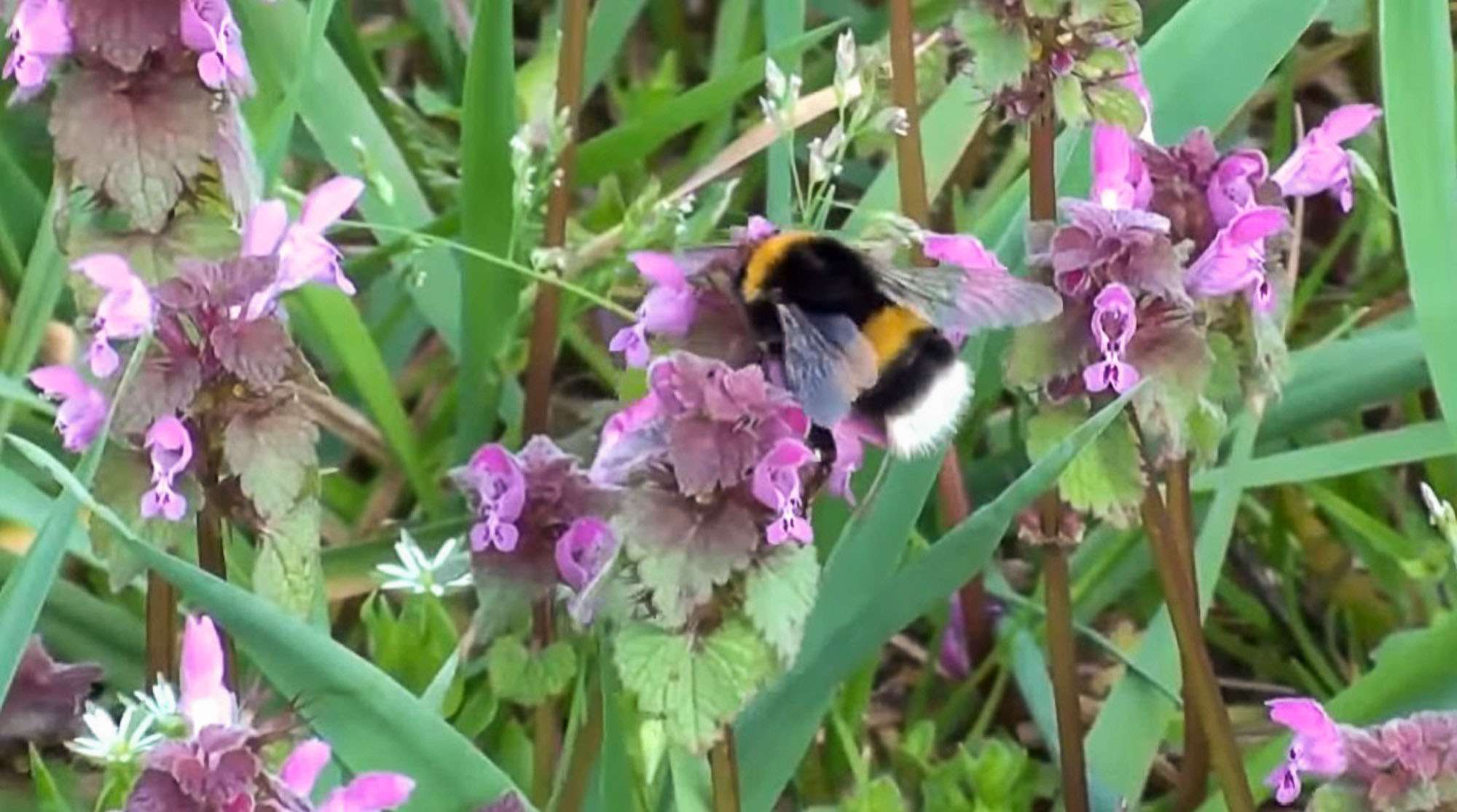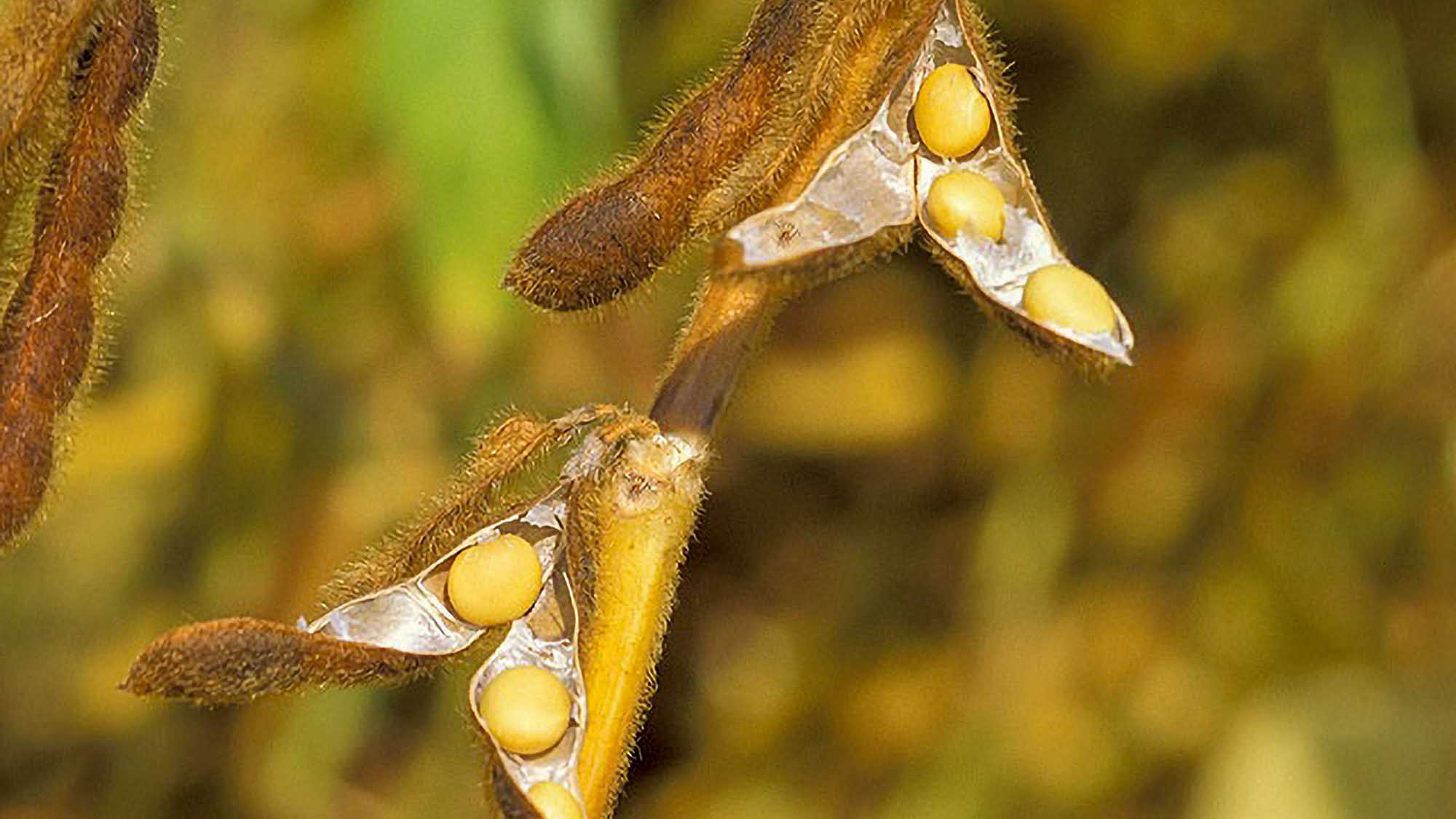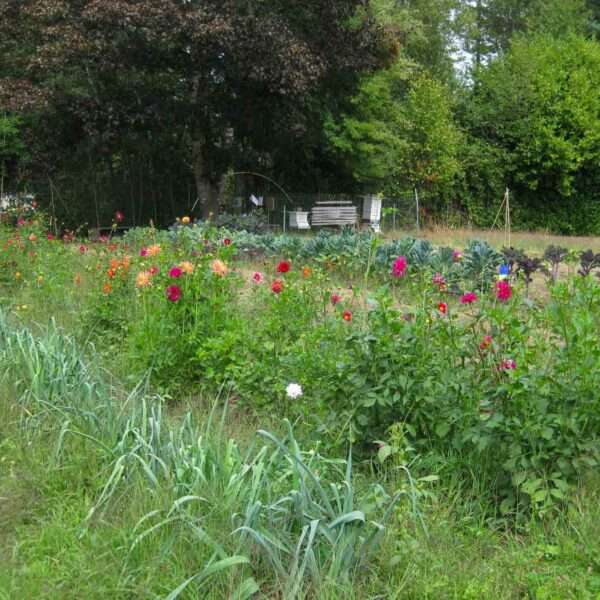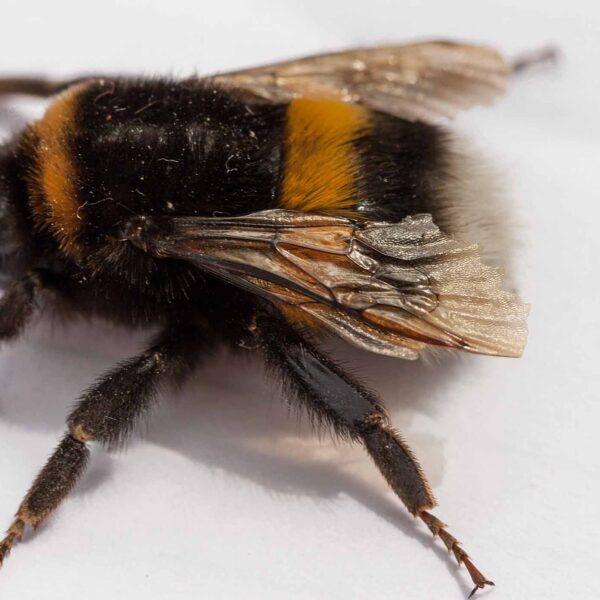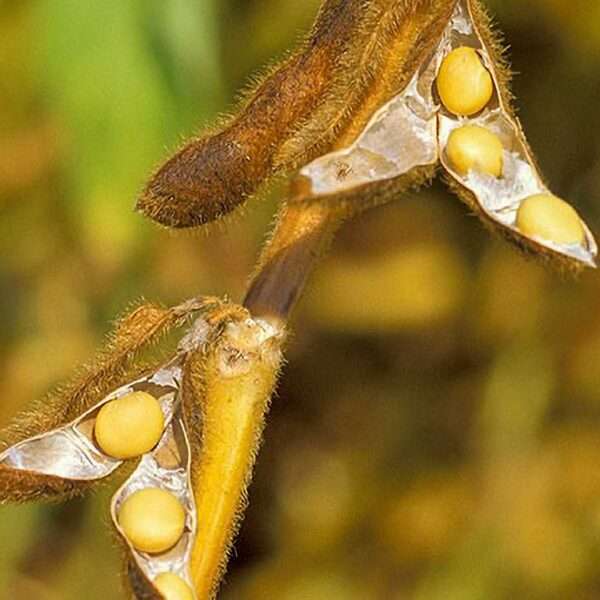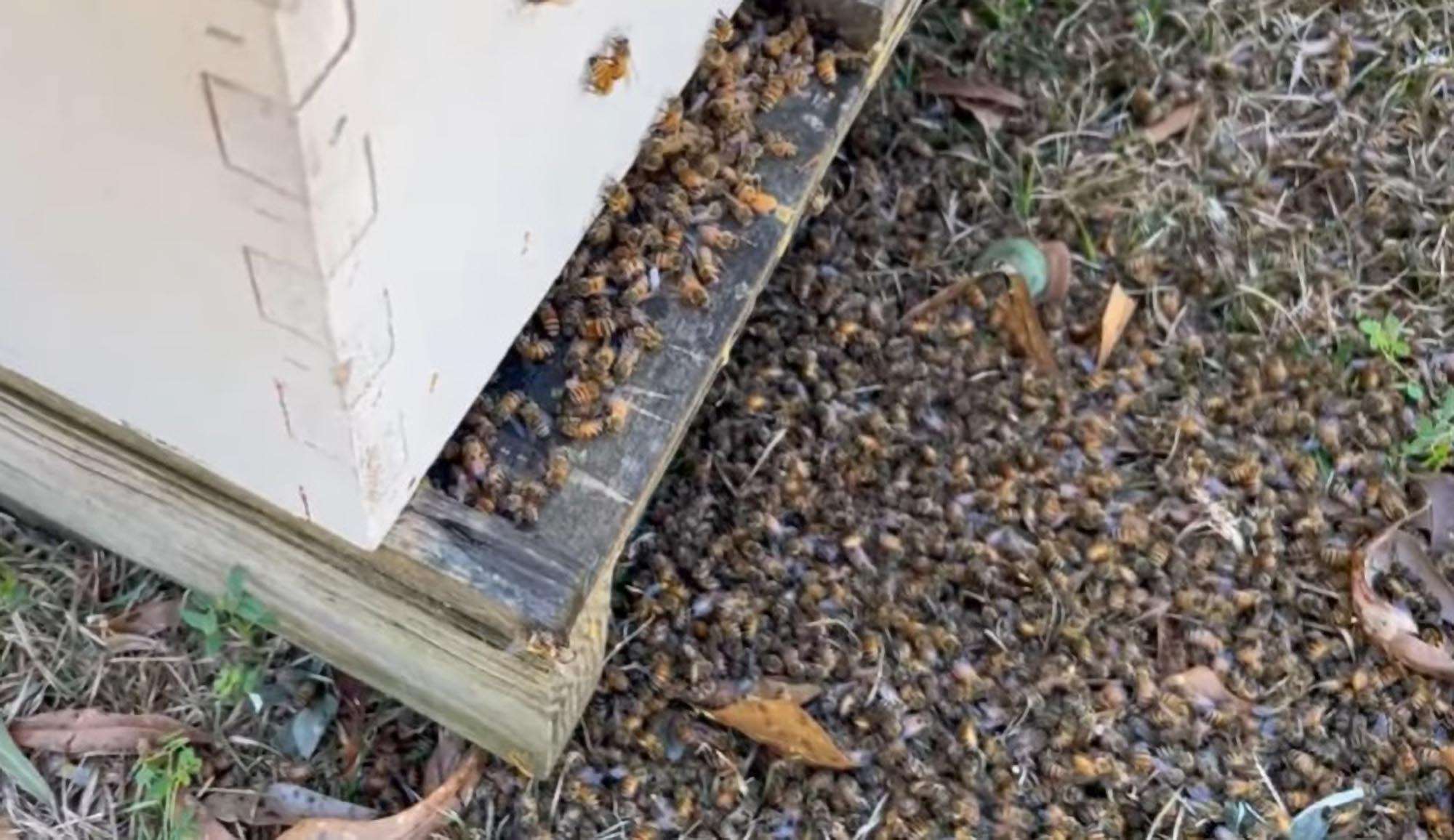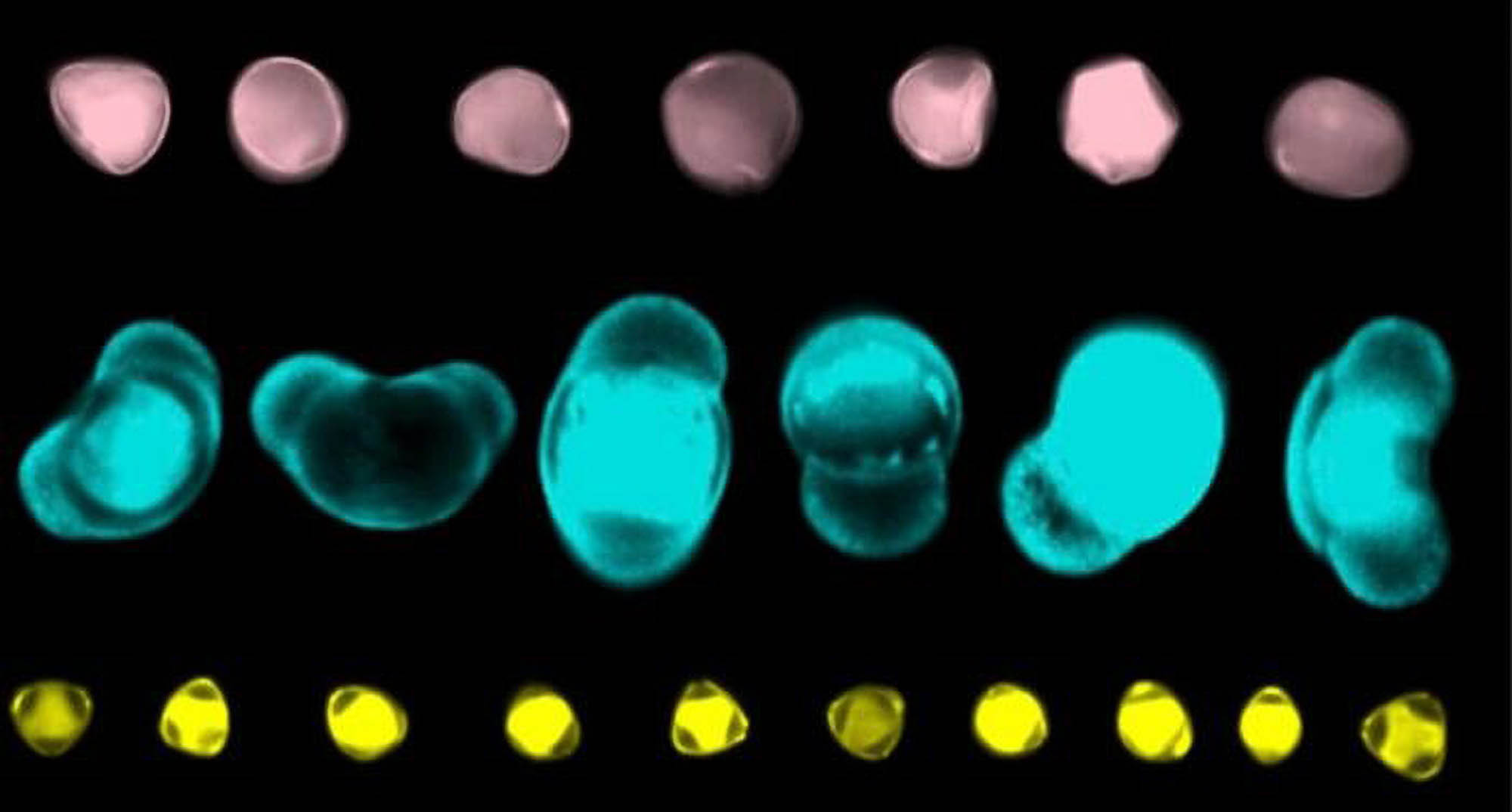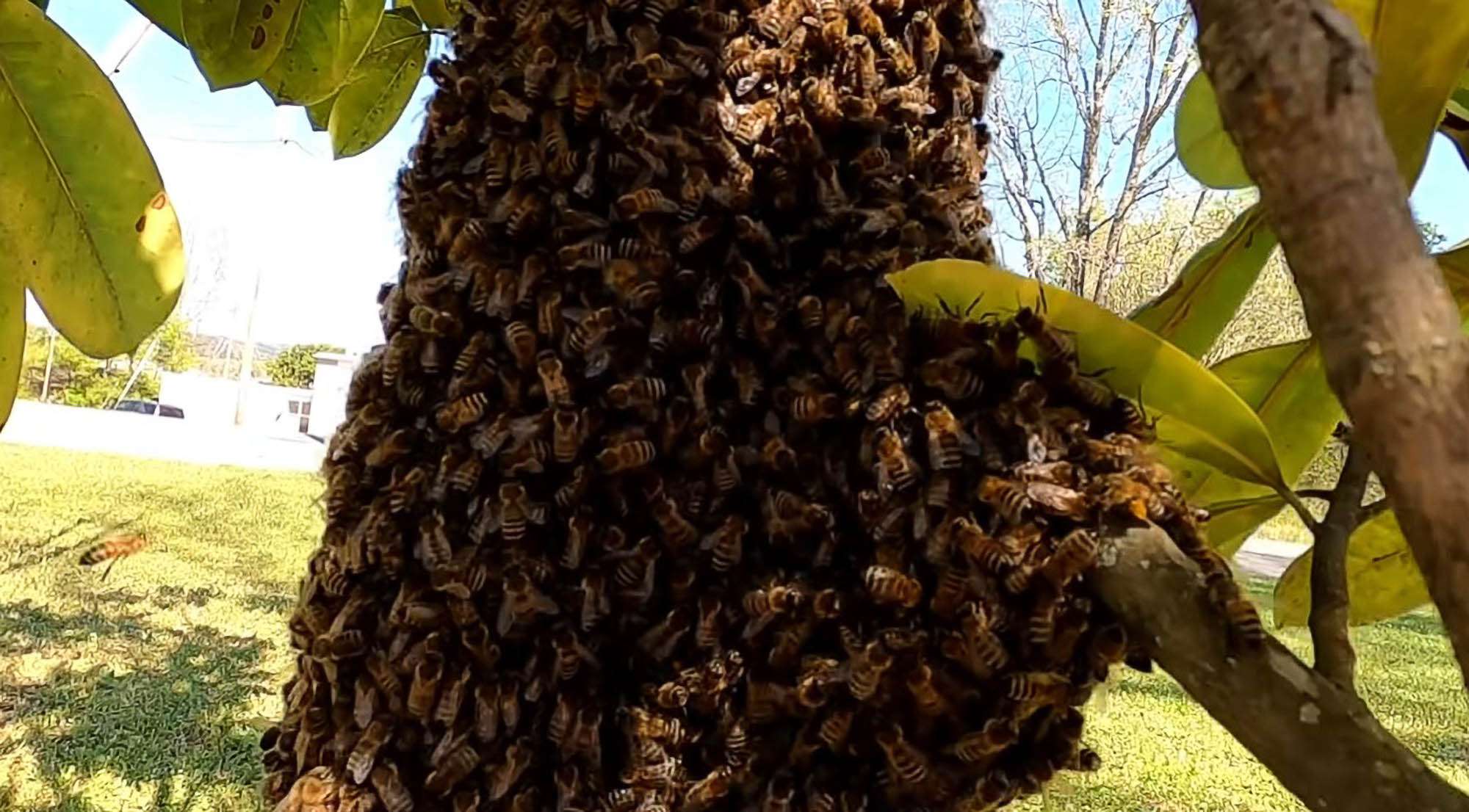A self-pollinating plant lost almost a quarter of its genetic variation after being separated from bumblebees in a scientific experiment by researchers in the United States.
Evolutionary biologist Jeremiah Busch from Washington State University (WSU) and his team determined that the genetic variation of a group of monkeyflower plants declined by a rate of 13 to 24 per cent compared to another group that was propagated by bumblebees.
Prof Busch said: “We found that, in a very short amount of time, there were major consequences on the genomes of the plants when they had to adopt selfing.”
In the study entitled “Pollinator loss causes rapid adaptive evolution of selfing and dramatically reduces genome-wide genetic variability” which has been published in the magazine Evolution, the WSU researcher warned of the serious impact this loss could have on plants and whole ecosystems.
Prof Busch fears that plants’ ability to environmental challenges could be hampered. He warned: “If pollinators are lost, it’s not just going to be a problem for the pollinators. Plant populations will lose genetic variation in tens of generations.”
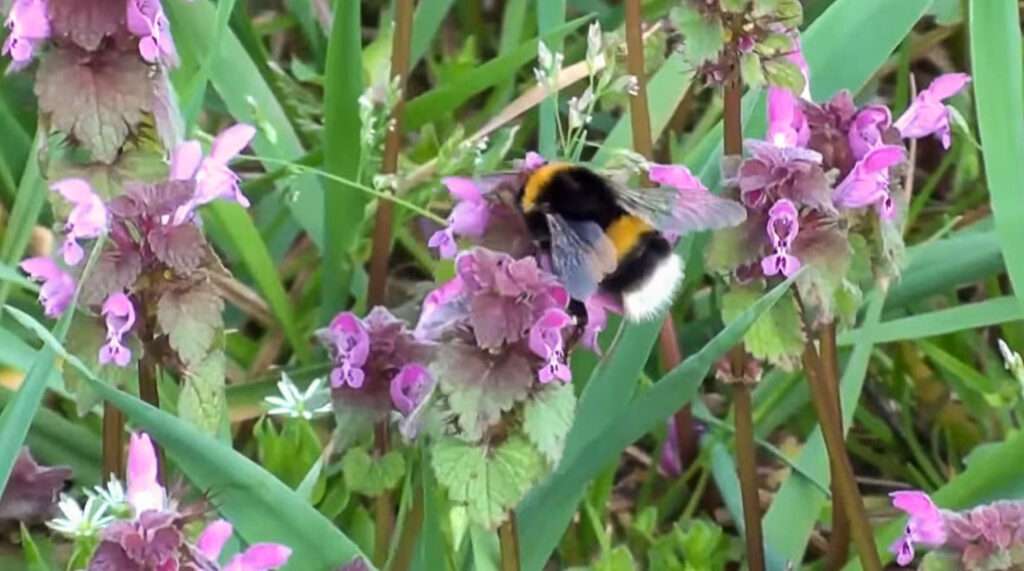
Prof Busch and his colleagues carried out a greenhouse experiment using yellow monkeyflower plants which are native to eastern and central North America. In the study, one group was isolated from their bumblebee pollinators.
The excluded monkeyflowers produced few seeds at first before creating a lot as they adapted to self-pollinate.
The plants of the separated group continued to reproduce but lost substantial genetic variation compared to the batch which was visited by bumblebees.
Prof Busch explained that the remarkable decrease had to do with adaption. He pointed out that further studies should succeed to determine whether the loss of genetic variation leads to population collapse.
The evolutionary biologist concluded: “We need to really understand what the consequences are from pollinator loss. It will matter for wild populations of plants and crops. A lot of crops depend on bees.”
Bumblebees are among the many insect species that suffered population declines in the past few years due to the excessive application of herbicides, global warming and construction-induced habitat loss.
Bumblebees are engaged pollinators. A bumblebee colony consist of up to 200 animals and a queen. Bumblebees generally only sting to defend themselves.

